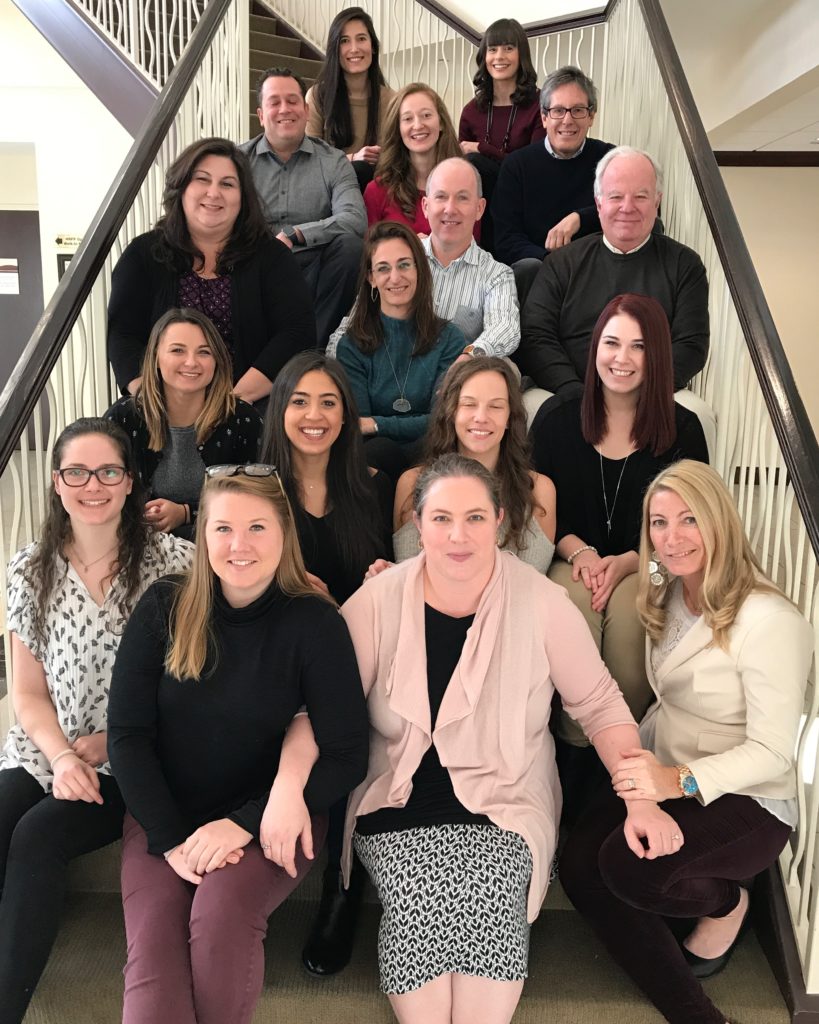Welcome to the Aphasia Threads Project, which weaves together three points-of-view: people with aphasia, caregivers, and the professionals who help each family navigate aphasia. Each week, we bring together three unrelated stories, one from each member of this triad, to learn from their experience. This week, we’ll hear from Robert, a person with aphasia, who had a stroke 30 years ago. Then, we’ll hear from Carol, who is a caregiver for her sister. Finally, we’ll hear from Caryn, a speech therapist in Stamford, Connecticut.

Person with Aphasia
I had a brain stem stroke over 30 years ago. I had locked-in syndrome and couldn’t utter a sound.
Aphasia Changes Your Life
Internally, I feel I have to prove myself daily. Most of my old relationships ended fairly quickly.
But There Are Things That Help
My palate lift helps. Staying focused with a positive attitude takes work.
And Things You Learn Along the Way
It’s a broken road marathon.
What Caregivers and Professionals Can Learn From Me
I’m still the same person but with 30 years of dealing with aphasia. This has been my life. I don’t remember how it was before. This is my life.

Caregiver
My sister gradually began to lose her ability to find her words.
Aphasia Changes Your Life
Aphasia has made me slow down and really pay attention to my sister. I have tried to encourage her. It has also made me spend more time one-on-one with her, which has brought us closer.
But There Are Things That Help
Speech therapy was 12 weeks and did seem to help while she was going. I did see a decline after the therapy ran out. Apps do not work because of vision problems and getting frustrated with electronic devices.
And Things You Learn Along the Way
Patience, speaking clearly, and not giving too many directions. Listen carefully to what they are not saying. Take mental health breaks for yourself.
What People with Aphasia and Professionals Can Learn From Me
Caregivers get tired and frustrated, too.

Professional
Caryn works at High Quality Home Therapy in Stamford, Connecticut. She’s a featured affiliate.
As a rehab specialist, I enjoyed neurological rehab the most during my training, and I have always geared toward helping people with neurological conditions maximize function. In my 25 years experience, I saw a trend that people were most affected by the inability to communicate – moreso than difficulty with fine or gross motor control.

What I’ve Noticed Along the Way
When people move better, they seem to be able to communicate better. The two go hand-in-hand. I believe that community and relationships are the essence of all of life, and helping someone relate to another human being through communication gives me the greatest joy!
There Are Things That Help
Treat everyone with humanity.
And I Encourage New Professionals to Learn About Aphasia
Always remember that your patient is your boss for the time you work with him/her. Help them achieve their goals – not yours.
What People with Aphasia and Caregivers Can Learn From Me
Rehab professionals are part teacher, part cheerleader, part expert but patients and families are just as important because the truly collaborative approach to rehab always works best.
We are developing group therapy sessions in our Stamford, CT office. If anyone is interested call 203-212-4191. We would love to help you and/or your family members.

Want to Be Featured in a Future Article?
Aphasia Threads is an on-going project created by the National Aphasia Association. If you’d like to be featured, don’t leave a comment. Instead, please read the opening post for more information or fill out our form and we’ll contact you.



